I decided to write something different than most of the blogs I’ve posted in the past. A lot of what I’m going to be talking about has to do with how I got into the IT industry. I decided to write this as a more personal note in hopes of helping those that may be looking to make a move into IT and possibly towards a role at VMware.

This really hit home thanks to some inspiration from one of my friends and former co-workers Keith Townsend. I’m not going into much of the details on my career path, here’s a video session I worked with Keith on to share my story from how I came from the military into the role I’m in now, hoping to summarize some of my background and provide more details on the topic at hand rather than writing all that out here.
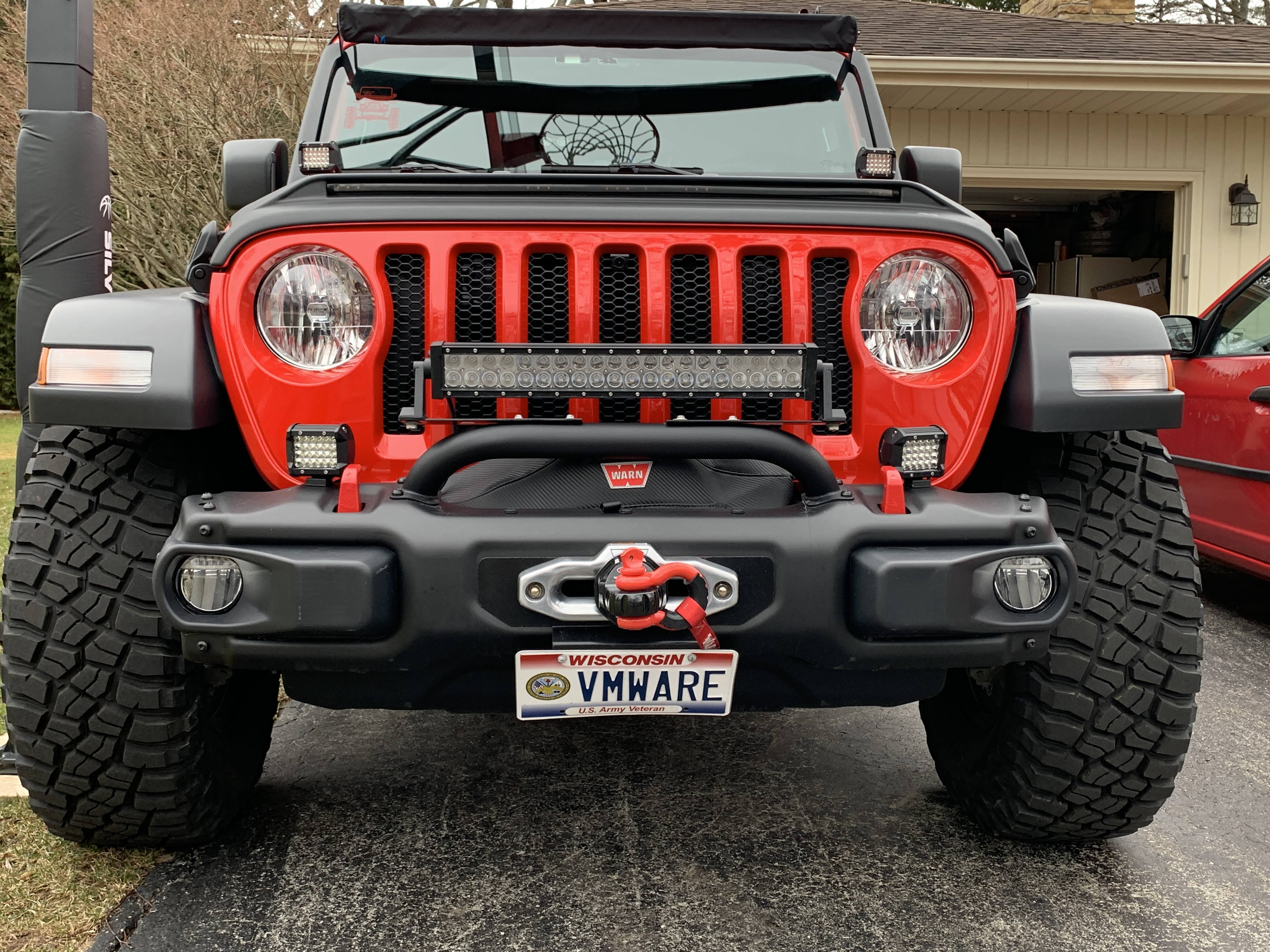
There’s also some inspiration on some of the more personal issues I’m going to share from a recent experience at the latest VMware Sales kickoff conference I attended this year.
Before I go into that part of the conversation, I’ll set the stage a little more than what’s discussed in the video link above. Most of my professional colleagues know that I’m not your traditional IT guy. I’m in my fifties (yes, my fifties), I’m happily married to my wife Lisa (this year will be 29 years), I have three great kids, my oldest Daughter Jenna getting 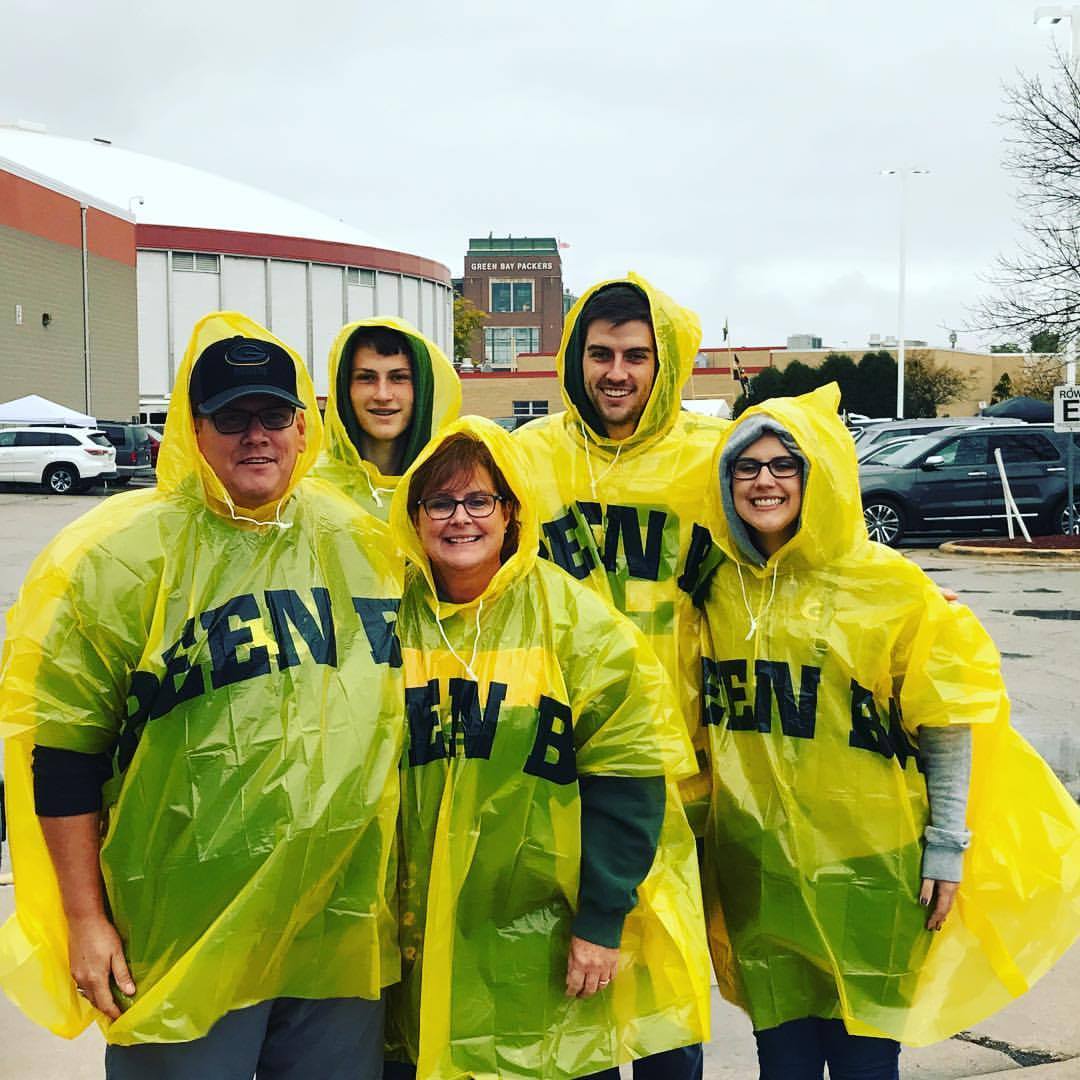 married this summer and heading back for her second degree as a nurse, my oldest son Ryan working on grad school to be the next “MoneyBall” guy for the Brewers, and my youngest son Kyle, getting ready to head off to college next year.
married this summer and heading back for her second degree as a nurse, my oldest son Ryan working on grad school to be the next “MoneyBall” guy for the Brewers, and my youngest son Kyle, getting ready to head off to college next year.
My wife and I are almost empty nesters and we’re eventually looking to downsize to a house on a lake in the Milwaukee area and retire the portable office. 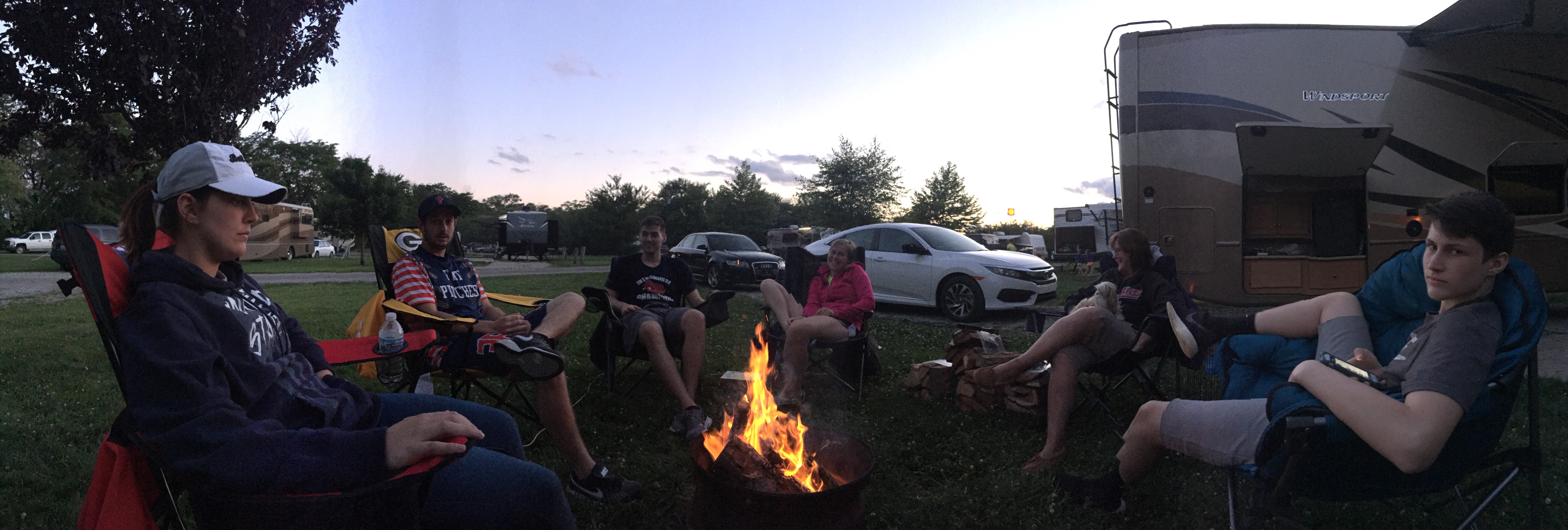 This is going to be a big change for us and it’s important to note that this is one of the three big decisions I’ve had to make in my life that always brings me back to the basics around taking care of your family and self, first when making any kind of a career decision. I’m not motivated by money or prestige, but I am motivated by making sure I make decisions to ensure my base is solid. Does that mean that I don’t have other things that motivate me, absolutely not, but everything I’ve worked hard on in my life since I made the decision to go back to school in my early 30’s was based on these principles.
This is going to be a big change for us and it’s important to note that this is one of the three big decisions I’ve had to make in my life that always brings me back to the basics around taking care of your family and self, first when making any kind of a career decision. I’m not motivated by money or prestige, but I am motivated by making sure I make decisions to ensure my base is solid. Does that mean that I don’t have other things that motivate me, absolutely not, but everything I’ve worked hard on in my life since I made the decision to go back to school in my early 30’s was based on these principles.
Let me jump back a bit, in case you didn’t get to view the whole video above, and to also provide some clarity around my decision to get into IT. The story heard above related to when I was struggling after getting out of the Army, working for the post office. My last grandparent passed away when I was a letter carrier, and while traveling to North Dakota for the funeral, I had a soul-searching time, contemplating my career choices, wondering how I was going to provide for my family, and wondering whether working as a letter carrier until I retired was the healthiest choice for my personal and family’s well-being. I’ll make a reference to Maslow’s Hierarchy of Needs, 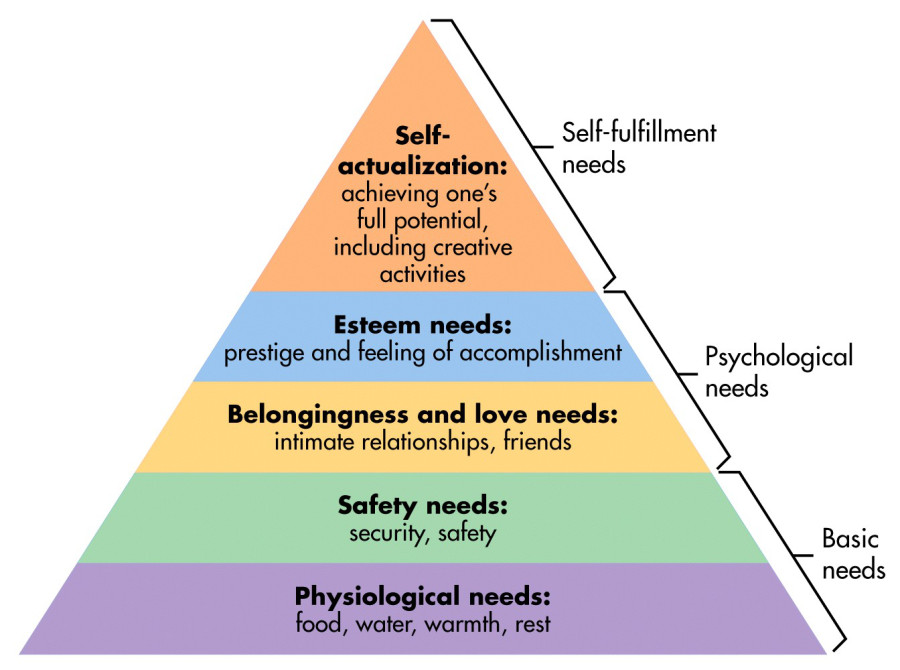 and for those of you not familiar, the chart below demonstrates some of the key things every human being struggles with over time, and I didn’t think I was moving up the pyramid any time soon. I felt like I was drifting away from my family, not able to provide what they needed, wasn’t doing my job as a good father and husband, but from the long-term, moving up the ladder, view, I didn’t feel like I was a very accomplished father, husband, community member, leader like I used to be when I was in the Army. Something was missing. This seemed to be a slump I was in and the only way I thought I could move forward was a life-changing career leap of faith. I’m extremely grateful to my wife, whose professional career as a nurse and her willingness to go back to work full-time, allowed me to temporarily give me a feeling of moving up the pyramid by going back to the Milwaukee School of Engineering and getting my degree in IT, something that always had me thinking about this even while I was in the Army.
and for those of you not familiar, the chart below demonstrates some of the key things every human being struggles with over time, and I didn’t think I was moving up the pyramid any time soon. I felt like I was drifting away from my family, not able to provide what they needed, wasn’t doing my job as a good father and husband, but from the long-term, moving up the ladder, view, I didn’t feel like I was a very accomplished father, husband, community member, leader like I used to be when I was in the Army. Something was missing. This seemed to be a slump I was in and the only way I thought I could move forward was a life-changing career leap of faith. I’m extremely grateful to my wife, whose professional career as a nurse and her willingness to go back to work full-time, allowed me to temporarily give me a feeling of moving up the pyramid by going back to the Milwaukee School of Engineering and getting my degree in IT, something that always had me thinking about this even while I was in the Army.
Years or hard work, at companies like Harley-Davidson, Rockwell Automation where I busted my butt to get all my Microsoft Certification, West Bend Mutual, Fiserv, Kohl’s and even some time in-between as a consultant, coaching youth baseball for years for my sons, still left me feeling two things. #1 – I’m still 15 years behind my peers in the industry, and #2 – the feeling that I needed to move from company to company to have some sort of accomplishment and success as an IT career professional, and as a husband and father almost like I needed to build my resume with more experience and challenges to show my worth. 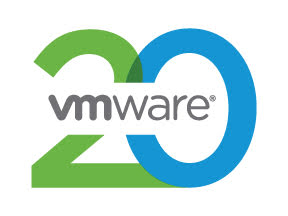 Something was still missing even after I finally applied and was accepted into the VMware family.
Something was still missing even after I finally applied and was accepted into the VMware family.
Starting out at VMware as a Systems Engineer, I asked many times what it would take to move up the ladder, to find ways of appearing that I was providing value to my customers and to my organization, tweeting, posting on LinkedIn, getting involved with the VMUG community (my way of giving back, I wouldn’t be where I am today without that organization), collaborating with my sales teams with some new tools of the trade, writing weekly tech newsletters, organizing product team visits in my region, trying to pull together tech talks in the area were all ways that I was trying to feel some sense of accomplishment beyond my sales quota year after year as a way to feel some sense of accomplishment (as I wasn’t having the best of luck making quotas) year after year. Maybe it was the old Army guy in me, you know, here’s your mission, not go get it done, wasn’t happening. I needed to find other ways of feeling like I was a successful VMware employee because my mission wasn’t cutting it. As VMware moved the traditional role of a Systems Engineer to a Solutions Engineer, I got a temporary boost of excitement as I enjoy having more of those business discussion with my customers instead of being the demo guy all the time, probably due to my changing environments as a temporary way of feeling like things were getting better, that I had more opportunity to be a successful VMware employee, father, husband, community member. I even started volunteering with our high school booster club after both my sons outgrew junior baseball and I could no longer coach. Always trying to find ways of filling a void.
Back to the empty-nester discussion. This is the hard part for me because I’m a very social person, at least that’s what people tell me, but I’m a private/proud person as well. Bear with me here. To be honest, even though my wife and I are happily married, both of us have friends and family that have gone through this transition and found that there were challenges around being alone as a couple as empty nesters. We both decided that we would do some couples counseling, not because we had problems with our marriage, but so that we could find ways of getting re-connected again like we used to be when we first got married. Anyone that has kids will understand that can be a challenge keeping up the connection over time. Long story short, and not the point of this section, the counseling is highly recommended for anyone getting ready to go down this path. However, it was discovered that during these sessions, and recommended by the counselor, that maybe I should see a professional around depression. All I can say is, as hard as it was to hear this, and as proud of a person I typically have been in the past, I decided to take a leap of faith and seek some professional help. Who knew?
All those years while I was in post office, struggling through school, struggling through multiple jobs, all those community activities, all those arguments with my kids, my wife, my family, even sometimes, friends, lack of sleep, desire to exercise anymore, wanting to stay home all the time, not to mention some weight gain (OK OK I do live in WI and like beer, but it wasn’t just that) all were outfacing signs of depression.
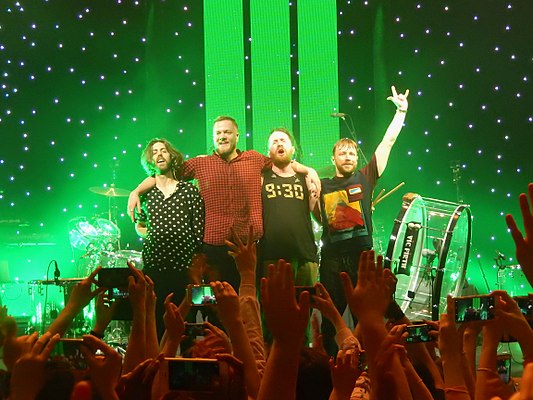 It was an emotional experience, not just because the band is super talented and they keep getting better each time I see them, but something I missed the first two times I saw them. The lead singer Dan Reynolds shared his personal story around struggles with depression and urged the audience to take action to help. I want to thank Dan personally for the motivational push to share my story in hopes that it can help other people that may be suffering from similar issues.
It was an emotional experience, not just because the band is super talented and they keep getting better each time I see them, but something I missed the first two times I saw them. The lead singer Dan Reynolds shared his personal story around struggles with depression and urged the audience to take action to help. I want to thank Dan personally for the motivational push to share my story in hopes that it can help other people that may be suffering from similar issues.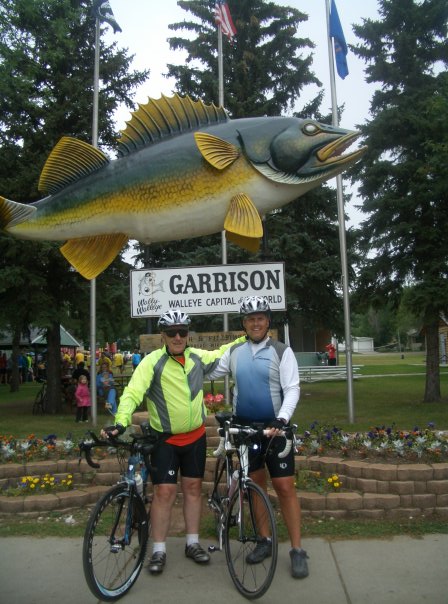 back into my daily routine (I miss riding my bicycle), I have made plans to get back on the road this year and plan to get back into the bike tour travel with my father who got me hooked years ago on the CANDISC rides and hitting the road with CANDAK. I’m even planning to ride in the Trek 100 with my buddies Heath Johnson and Tony Reeves this year (miss you guys on the road). I may even convince my dad to join the VMware team again.
back into my daily routine (I miss riding my bicycle), I have made plans to get back on the road this year and plan to get back into the bike tour travel with my father who got me hooked years ago on the CANDISC rides and hitting the road with CANDAK. I’m even planning to ride in the Trek 100 with my buddies Heath Johnson and Tony Reeves this year (miss you guys on the road). I may even convince my dad to join the VMware team again. 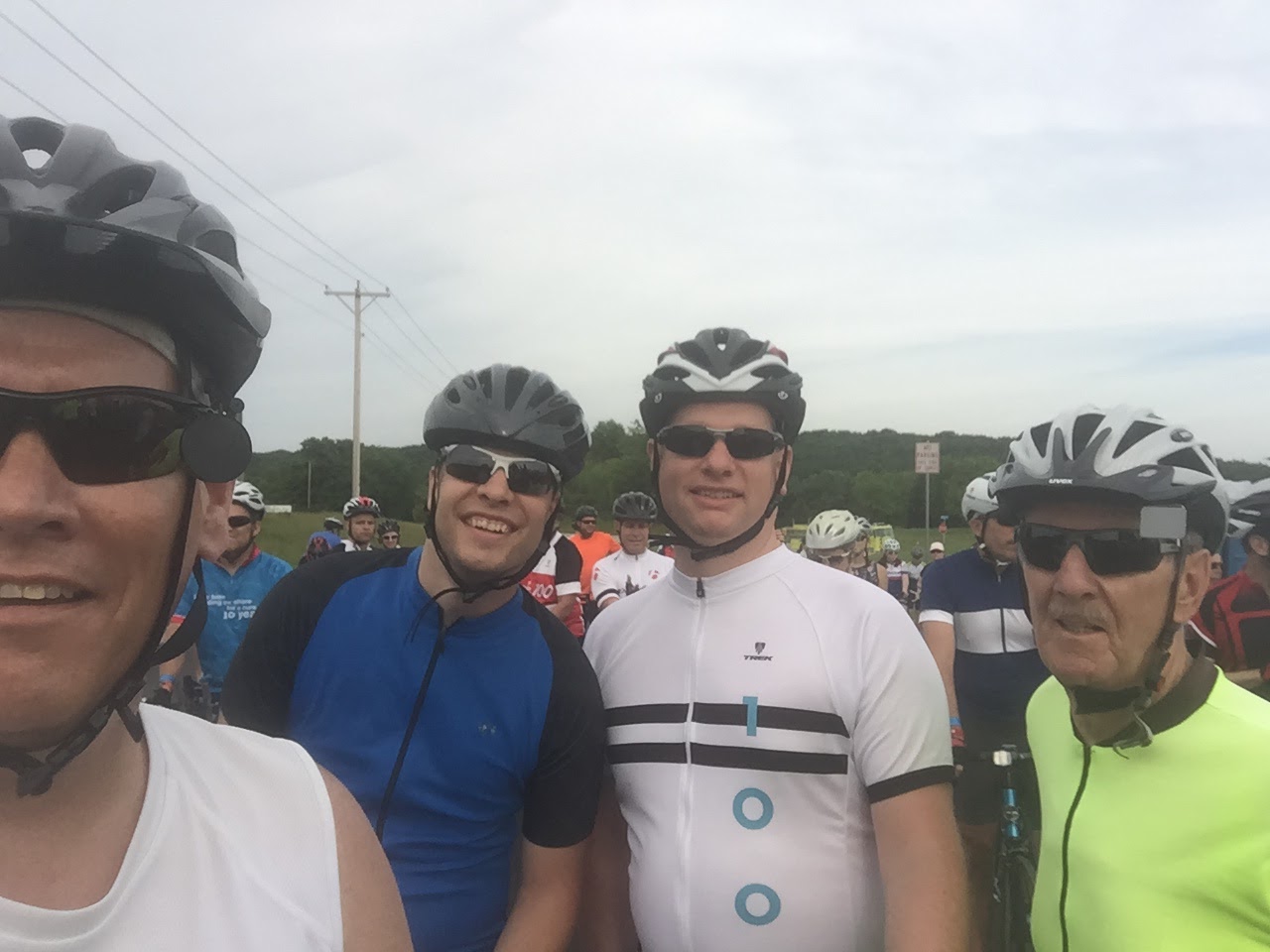
Let wrap up this post, with a couple pieces of advice, and something that I love comes from our corporate culture at VMware. First, make sure you take care of your family and yourself first. Think of the hierarchy of needs I mentioned earlier in this post. If you focus on that, the rest will follow. Second, I don’t care how proud you are, if there’s something in your personal life that that needs to be fixed, take the leap of faith and get it fixed. This could be something around health and wellness, personal well-being, whatever it is, get it fixed or the last part won’t work. Finally, do something you like to do for work that gets you excited about getting up in the morning. 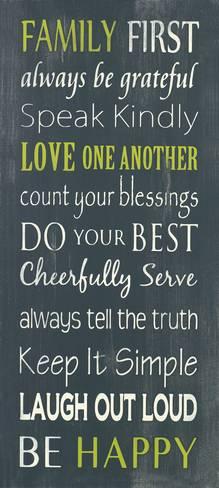 What’s the old phrase “If you love what you do for work, you’ll never work a day in your life”. Focus on the important things that really matter. All I can say that if I did not take a step back last fall and re-evaluate my priorities, get some personal medical help, I would not have made the decision to work on applying for the additional role as a CTO Ambassador at VMware. I would not have been motivated, and honestly, the help I received, totally changed the way I looked at my family, my job, my career. Is it hard being a CTO Ambassador and doing my normal job as a Solutions Engineer? Sure it’s hard, but hard things aren’t free and they aren’t easy, but removing the obstacles in life and focusing on what matters makes all the different. I love working with my customers, working for VMware, working with the VMware community, but I’d put it all aside if it affected my health and wellbeing along with the relationship with my family. As Dom Delfino SVP and GM of the Americas for VMware said at our our sales kickoff this year, Family First. I’ll go with that.
What’s the old phrase “If you love what you do for work, you’ll never work a day in your life”. Focus on the important things that really matter. All I can say that if I did not take a step back last fall and re-evaluate my priorities, get some personal medical help, I would not have made the decision to work on applying for the additional role as a CTO Ambassador at VMware. I would not have been motivated, and honestly, the help I received, totally changed the way I looked at my family, my job, my career. Is it hard being a CTO Ambassador and doing my normal job as a Solutions Engineer? Sure it’s hard, but hard things aren’t free and they aren’t easy, but removing the obstacles in life and focusing on what matters makes all the different. I love working with my customers, working for VMware, working with the VMware community, but I’d put it all aside if it affected my health and wellbeing along with the relationship with my family. As Dom Delfino SVP and GM of the Americas for VMware said at our our sales kickoff this year, Family First. I’ll go with that.


Recent Comments